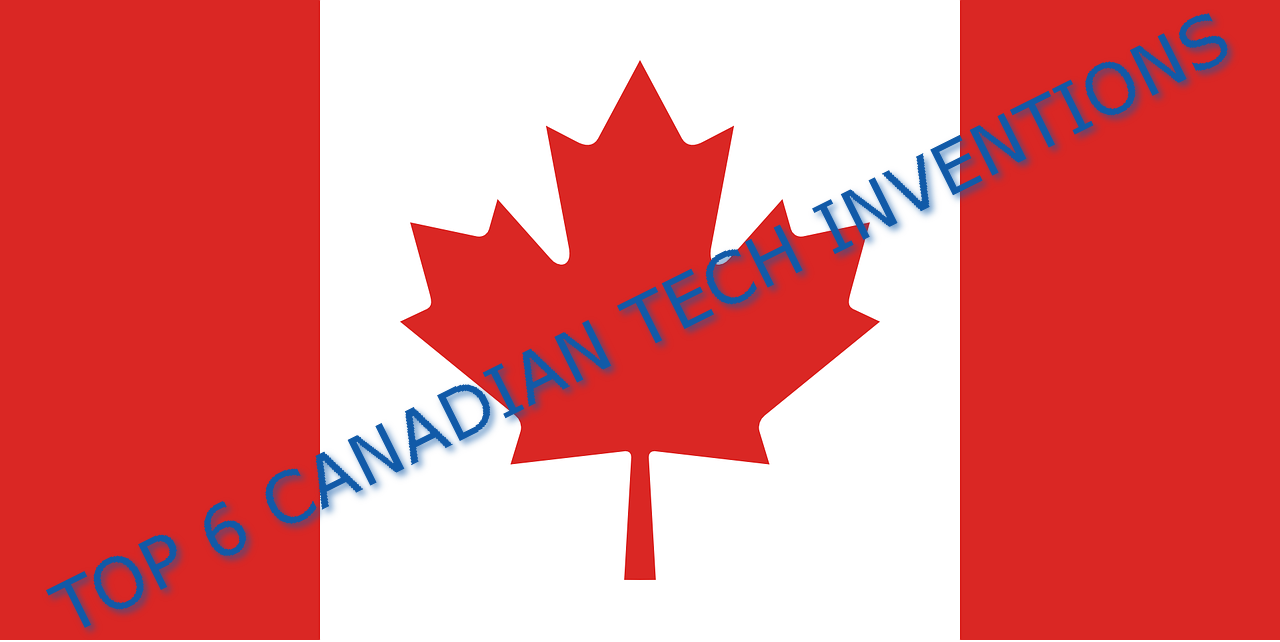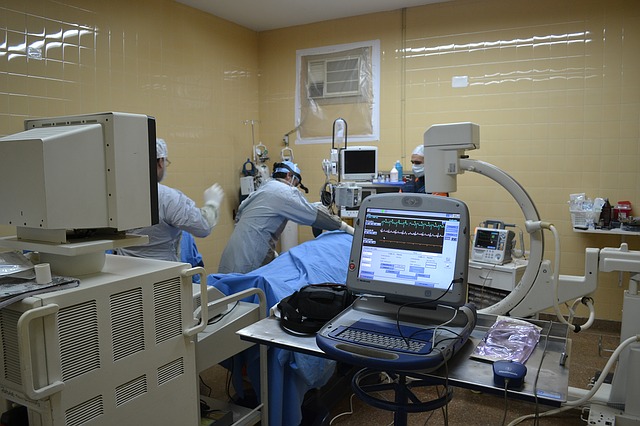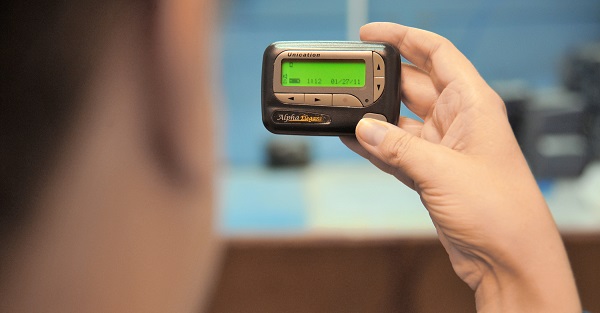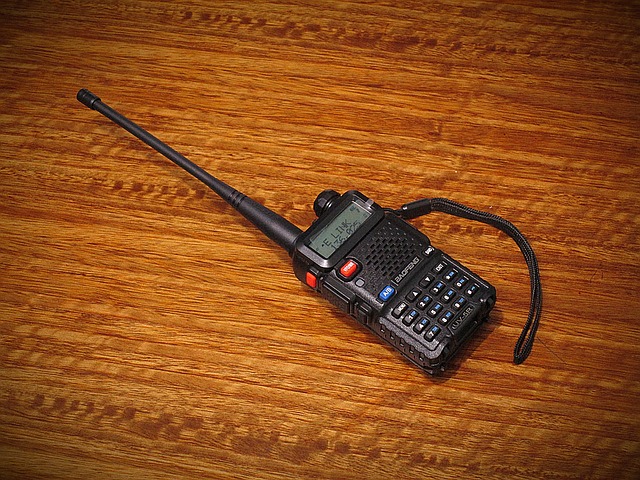The big weekend is ahead of us. Yes, July 1st is just a few days away. And if you’re a Canadian, you already know what we’re referring to. If not, let us explain why this milestone is so important to us.
July 1st is the National day of Canada a.k.a. Canada Day. On this day all Canadians celebrate the anniversary of the enactment of the Constitution Act, which united the three separate colonies of Canada (Canada, Nova Scotia, and New Brunswick) that took place on July 1st, 1867.
The holiday is celebrated nationwide with many outdoor public events, parades, concerts, festivals, and of course, the traditional barbeque and fireworks. Since the festive spirit is already permeating our office, we’ve decided to brush up on our knowledge of Canadian ingenuity and take a look at some inventions brought to us by those from Great White North.
However, there’s a twist. We don’t have enough time nor space to cover all the cool stuff Canadians invented such as peanut butter, basketball or the garbage bag (you’re welcome, World), so we have to narrow it down to the technological inventions and discoveries only. Here are the top 6 Canadian tech inventions picked by the Investintech team.
1) Java Programming Language
Who: James Gosling
When: 1994
James Gosling developed Java in California in the early 1990s. The Alberta-born computer scientist is considered to be the father of Java, but his colleagues at the time, Mike Sheridan and Patrick Naughton, helped him out. The language was designed with the intent to let application developers “write once, run anywhere”, meaning that compiled Java code can run on all platforms that support Java without the need for recompilation. The first version was released in 1995 and to this day it remains one of the top programming languages in use.
2) Cardiac Pacemaker
Who: Dr. John A. Hopps
When: 1950
The cardiac pacemaker was invented in the 1950s by Dr. John Hopps, an electrician from Winnipeg. However, Hopps didn’t come up with it on his own, he developed the life-saving device based on research from Dr. Wilfred Bigelow and Dr. John Callaghan from the Banting Institute in Toronto. Though it was invented in the 1950’s, it took eight years for the first version to be successfully implanted within a human body.
3) The Pager
Who: Alfred J. Gross
When: 1949
Alfred Gross, a Toronto based communication pioneer, is the one we should thank for the invention of the pager. Though pagers are not that big of a deal as they were in the 1980s, they’re still being used in some lines of work because in some cases paging systems can be more reliable than cellular networks. In fact, emergency services and public safety personnel still use it during natural and man-made disasters.
4) Imax Movie System
Who: Grahame Ferguson, Roman Kroitor, Robert Kerr
When: 1968
Thanks to Grahame Ferguson, Roman Kroitor and Robert Kerr going to the movies is such an amazing experience. The three filmmakers are the masterminds behind IMAX, the most widely used system for special-venue film presentations. They developed a revolutionary projector that displayed movies ten times larger while still retaining high picture quality. As of Sept. 30, 2017, there were 1,302 IMAX theatre systems (1,203 commercial multiplexes, 13 commercial destinations, 86 institutional) operating in 75 countries, according to BusinessInsider.
5) The Canadarm
Who: George Klein
When: 1981
The Canadarm, a robotic arm also known as the SRMS (Shuttle Remote Manipulator System), was developed by George Klein. The 15-meter robotic arm was used in NASA Space Missions. Over a span of 30 years, the Canadarm was involved in 91 shuttle missions, helping to repair satellites and maintain NASA’s precious equipment and cargo.
6) The Walkie-Talkie
Who: Donald L. Hings
When: 1942
The Walkie-Talkie (initially called “packset”) is a portable two-way radio transceiver developed during the World War II. Canadian Inventor Donald Hings is one of several people that take credit for its development. Originally walkie-talkies were used for military communication during the war, however, after the war ended, they were used in areas like public safety, job sites or even for recreational purposes.
What’s your pick for the best tech invention that was developed by a Canadian? Do you think we missed any other great ones that should’ve made our list? Leave us your thoughts in the comments below!










